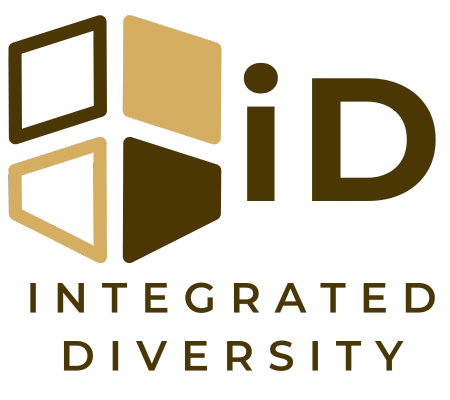
The Power of Authenticity in Leadership:
A Reflection by Norm Jones
In a world that is rapidly shifting, the need for authentic leadership has never been more crucial. Recently, I had the pleasure of joining Mike Horn on his “Authentic Change Podcast.” Together, we unpacked the challenges of creating authentic and equitable workplaces, and how leadership plays a pivotal role in fostering environments where everyone can thrive. Here are some of my reflections from that inspiring discussion.
Authenticity, Justice, and Integrity: The Foundations of Leadership
I’ve been in the diversity, equity, and inclusion (DEI) space since 1998, and my journey has taken me from working with school districts to leading diversity efforts at institutions like Harvard University and Amherst College. Throughout this journey, I’ve come to understand how integrity and authenticity are deeply interconnected—qualities that leaders must cultivate to truly make a difference. Justice-based conversations are central to diversity work, connecting historical movements for equity to our present-day organizational challenges.
“When we think about integrity, we must remember our responsibility to justice—as both a starting place and a destination.”
Justice isn’t just about policies; it’s about the deep, ongoing engagement that challenges existing power dynamics. Authenticity in leadership means allowing individuals to bring their full selves to work, even as systemic barriers make this challenging.
Diversity, Equity, and Inclusion: More Than Buzzwords
The DEI conversation often starts with diversity—how many different voices are represented. While representation is crucial, it’s the inclusion of these voices that builds a thriving culture. Inclusion is about behavior and culture, while equity relates to the policies that support fair access to opportunities. The final goal, justice, completes the circle by addressing systemic inequalities.
“We often see diversity as a compositional goal, inclusion as a cultural goal, and equity as a structural goal, but justice is what brings it all together.” Justice-based work aims to reconcile our past, address present challenges, and ensure a more equitable future for everyone in the organization.
The Messy Work of Authentic Leadership
Authentic leadership is not clean or linear—it’s messy, iterative, and deeply human. Leaders need to model vulnerability and be willing to engage in difficult conversations. One story that comes to mind is when I learned from a direct report that my actions were inadvertently silencing her voice in certain meetings. By committing to better understanding each other’s identities and building an authentic relationship, we were able to change how we interacted for the betterment of the team.
“The leader’s role is to use themselves to create an environment where others can engage authentically and contribute fully.” This requires genuine curiosity and a daily commitment to learning and growing.
Embracing Uncertainty: The Future of Organizational Culture
One of the biggest shifts we discussed was moving away from a culture of predictability to one of embracing uncertainty. In today’s rapidly changing world, attempting to force-fit people into rigid roles is a recipe for stagnation. Instead, authentic leaders need to empower individuals, encourage diverse ideas, and create spaces where everyone feels valued.
“Embracing uncertainty is actually a form of retention.” People want to feel valued for their unique perspectives and contributions, not forced to fit into preconceived notions of what a leader or a worker should be.
Building Authentic Teams for a Thriving Future
As I reflected on our conversation, I realized that creating genuinely inclusive workplaces requires humanizing relationships—moving beyond rhetoric to genuine connection. Authentic leadership is about transparency, continuous learning, and building a culture that acknowledges both the individual and collective journey.
“No leader has it perfectly right when it comes to DEI.” The key is to stay curious, remain vulnerable, and strive for alignment between personal and organizational values.
In a world where so much is uncertain, this type of authentic leadership is what will truly set organizations apart, allowing them to innovate, retain talent, and create meaningful, lasting change.
If you’re interested in diving deeper into these themes, you can check out the full discussion on the “Authentic Change Podcast” with Mike Horn. For more insights into diversity, equity, and authentic leadership, feel free to follow me on social media or reach out directly at Norm@integrateddiversity.org. Let’s build organizations where everyone can show up fully and authentically.
